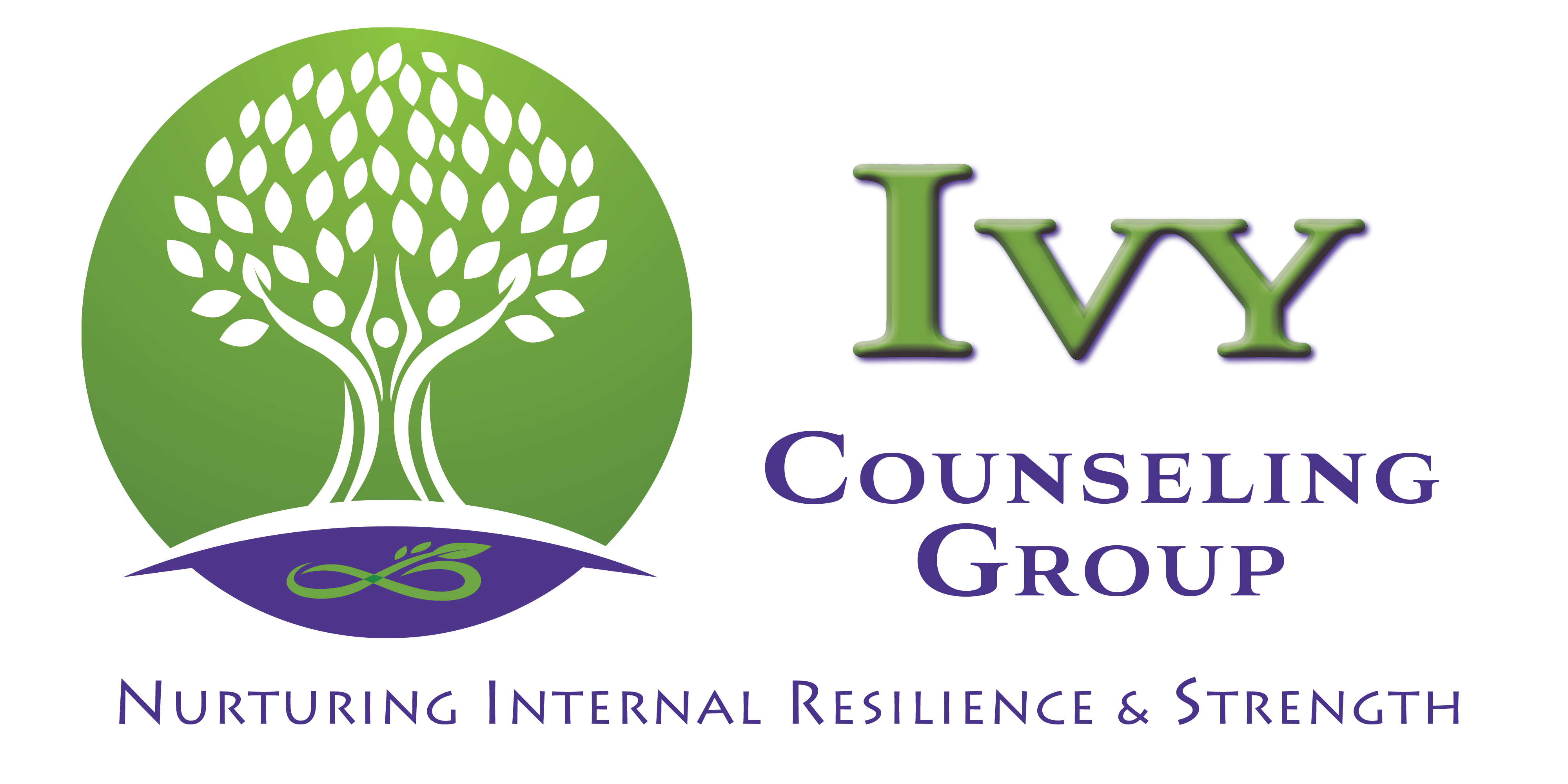“Once we accept our limits, we go beyond them.” Albert Einstein
Assessment & Testing
Neuropsychological Evaluations for Children, Adolescents, & Adults
Neuropsychological evaluations can be helpful in determining a client’s strengths and weaknesses and how they affect cognitive and emotional functioning.
Psychological assessment can also help differentiate specific disorders within a family of disorders in order to formulate appropriate goals for the client in consideration of a more specific diagnosis. For example, assessment of a person suffering from anxiety could help to differentiate their diagnosis between generalized anxiety disorder, panic disorder, PTSD, or a phobia. This can help optimize the benefits a client receives during therapy.
If a child is struggling in school, psychological testing and assessment can help identify a specific disability, and allow the child to receive proper accommodations. Children can also be assessed when behavioral issues or issues with impulse-control are present in the home or school environment. Specifically, an evaluation can assess for learning disabilities, Attention Deficit Hyperactivity Disorder (ADHD), and any social/emotional difficulties. Such assessments can include the following: IQ testing, academic assessment, tests for visual and verbal memory skills and executive functioning. Testing reports can be beneficial to allow schools or other professionals to be a partner in interventions.
Measures to Assess Academic Functioning:
- IQ test (WISC, WAIS)
- Academic Assessment (WIAT)
- Executive Functioning (DKEFS)
- Memory and Learning (WRAML)
Measures to Assess Emotional Functioning:
- Thematic Apperception Test (TAT)
- Rorschach
- Sentence Completion Test
Drug Alcohol Assessment
Sometimes, in instances of legal cases, such as driving under the influence, an alcohol and drug assessment can be used to differentiate abuse versus addiction and determine the appropriate course of treatment. Psychological testing can sometimes be helpful in determining a person’s parental capacity.
What to Expect
The testing process can include both formal/normative tests and assessments, which are then interpreted by a licensed professional. Depending on the presenting concerns, a set of assessments/tests will be chosen, as well as a clinical interview. Assessments may also include interviewing other people who are close to the client, such as teachers, coworkers or family members. (Such interviews, however, would only be performed with written consent from the client.)
This provides a thorough documentation of the client’s history, symptom timeline, and impact on functioning. It provides a framework for addressing a client’s issues and a better understanding of how therapeutic intervention/counseling can be most helpful.

